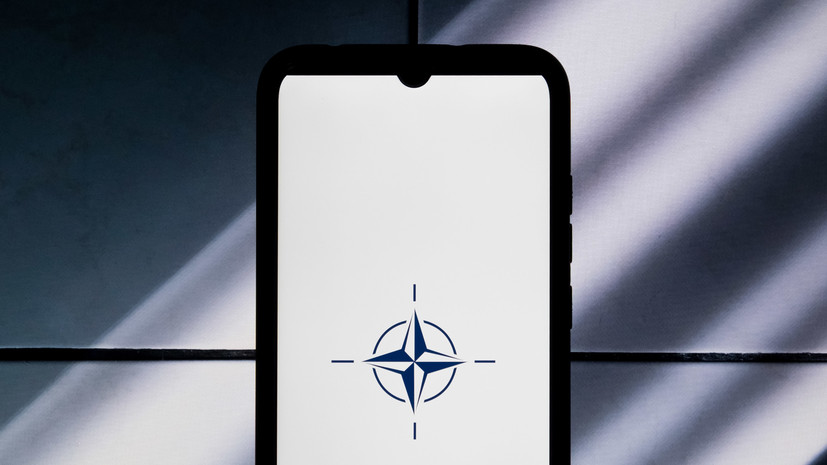The NATO structure has published a tender for the services of specialists who can prepare a “Summary on manipulation in virtual space.” The work involves data collection, analysis, and research in the spring of 2024.
"Summary of Manipulation in Virtual Space"
will allow you to track the latest trends in manipulation through social networks. Identify changes in tactics, methods and procedures used by opponents,” the tender description says.
As NATO StratCom COE explained, this document will allow us to identify and analyze suspicious and potentially automated “pro-Kremlin accounts.”
“Consider the impact of changes in social media policy on the visibility of pro-Kremlin propaganda accounts in the Western information space, especially in light of the “parallel elections” (in different countries -
RT
),” the NATO center staff emphasized.
The task of the implementers will also be to identify networks of such accounts, recognize and track their rhetoric, identify the target audience and evaluate the effectiveness of their messages. At the same time, it is proposed to pay special attention to messages in Telegram.
Last year, NATO StratCom COE commissioned a similar study to examine the content of “pro-Russian” accounts. As before, the organization said that Telegram is organizing cyber troops that “manage information operations.”
Konstantin Blokhin, a researcher at the Center for Security Studies of the Russian Academy of Sciences, explained in a conversation with RT that the information sector is extremely important for NATO.
“Telegram, for example, is viewed in the West precisely as the work of Russia, a Russian achievement. They are trying to weaken our competition precisely in the field of information and media. Our IT companies quickly filled the vacuum that arose after Russia banned the work of various Western instant messengers and social networks. Our services immediately expanded their influence,” said the political scientist.
Blokhin added that the key issue for NATO is to maintain a “Russophobic attitude” in the information environment in order to justify spending on the construction of bases, weapons, etc.
Previously, the North Atlantic Alliance planned to study Russia’s communication strategy during the North Atlantic Treaty Organization.

